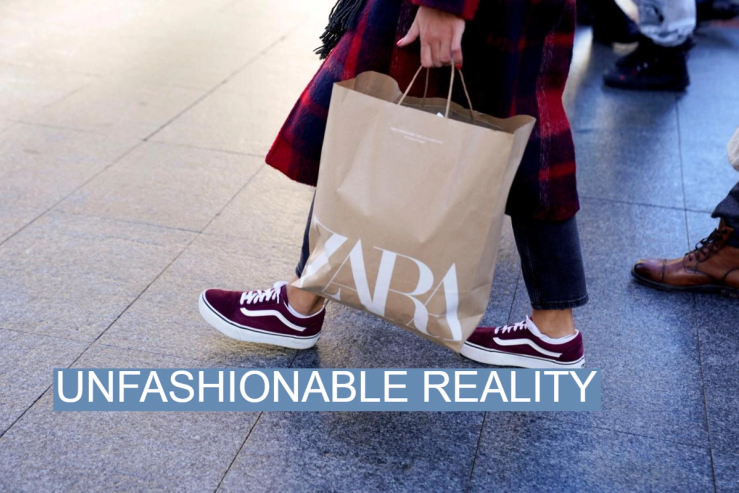The News
A “substantial volume” of clothing coming into the European Union likely contains materials sourced from Uyghur forced labor, according to a new report.
Major brands including Zara and H&M are at “high risk” of sourcing material – particularly cotton – from forced labor, due to their connection with four major Chinese companies linked to state programs that mandate labor for Uyghurs detained in internment camps, the report from Uyghur Rights Monitor, Sheffield Hallam University, and the Uyghur Centre for Democracy and Human Rights alleges.
Global brands have come under fire in recent months for their ties to Xinjiang, with many launching audits to ensure there is no forced labor in their supply chains. Zara’s parent company told the Guardian it did not source material from forced labor, while H&M said it had “come far” in being more transparent about its supply chain.
SIGNALS
The report is evidence that “slavery remains widespread within the global economy,” Uyghur human rights lawyer Rayhan Asat told Semafor. Unlike the U.S., where the Uyghur Forced Labor Prevention Act has prevented more than $500 million of goods being imported into the country this year, the European Union has no such legislation. Asat said trade considerations play “a significant role” in why the EU has decided not to pursue similar measures against China, but that in doing so, it has created a situation where corporations “can pursue forum shopping to exploit slave labor.”
China is investing heavily in Xinjiang trade infrastructure despite worldwide condemnation of forced labor. The world’s longest highway tunnel, currently under construction, will slash travel time between the north and south of the region, and allow for future railroad links to countries in central Asia, such as Kyrgyzstan and Uzbekistan. Beijing has largely circumvented Western sanctions imposed over alleged Uyghur abuses, with Xinjiang’s foreign trade hitting a record high of $40.5 billion within the first 10 months of this year, according to Urumqi customs. Experts are worried that turning Xinjiang into a trade hub will only make matters worse. In building the tunnel, what assurances do people have that Beijing “will not extend its pervasive use of Uyghur forced labor?” asks former Human Rights Watch director Kenneth Roth.
Even as companies tighten oversight of Xinjiang production, there’s no guarantee their supply chains are free from forced labor, activists warn. Volkswagen’s audit of its plant in Xinjiang this year found no results of forced labor, but executives have admitted that officials “only checked the working conditions of the employees in the factory itself,” German newspaper Die Zeit reports. Companies having production sites in Xinjiang itself is a “big symbol for the Chinese government” because it reinforces their propaganda that “they bring prosperity” to a region where people are actively facing “genocide,” an activist told Politico earlier this year.



